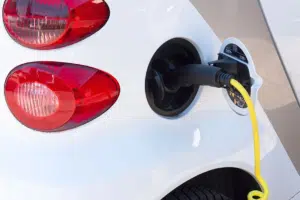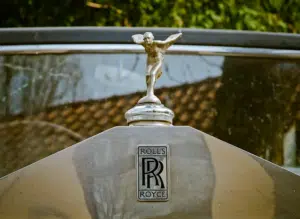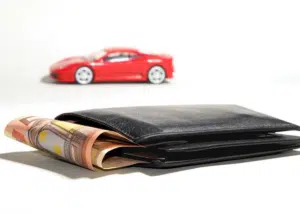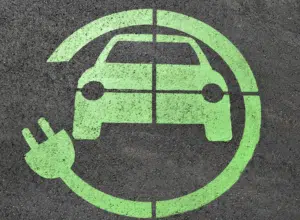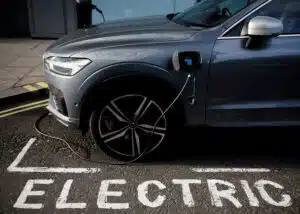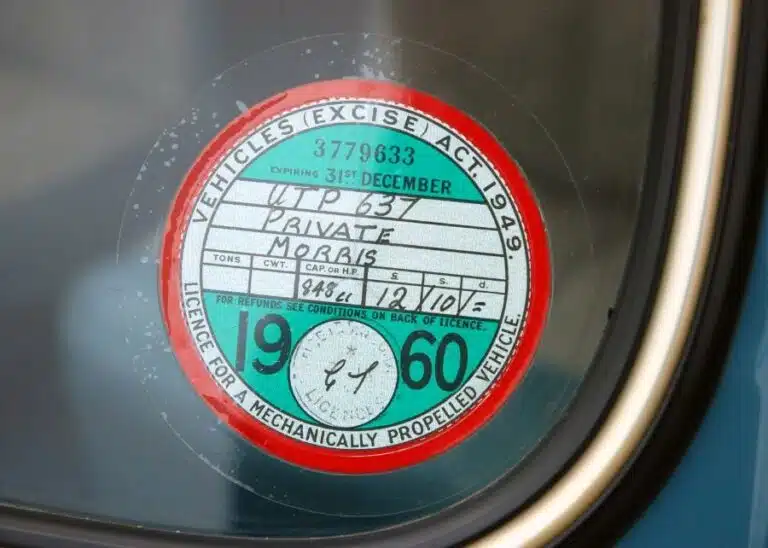Buying a used car can be a tricky process, especially if you’re not sure about your rights and responsibilities. Depending on where and how you buy your car, you may have different legal protections and remedies if something goes wrong with your purchase. Let’s take a look at some of the key points you might want to consider.

What are my rights regarding a car bought from a dealer?
Your rights when buying a car from a dealer fall within the Consumer Rights Act 2015. When you buy a new or used car from an official dealer, you’re protected by the Consumer Rights Act 2015 if the vehicle develops a fault. With the protection from this act, you have the right to request a repair, replacement or refund if the car is not of satisfactory quality, fit for purpose or as described, says the AA.
According to Which? You have 30 days to reject the car and get a full refund, or up to six months to ask for a repair or replacement. The dealer must also have the right to sell the car and provide you with accurate information about the car’s history and condition.
Problems with a used car – your consumer rights
According to the Consumer Rights Act 2015, which applies to car purchases from official dealers in the UK, you have the right to expect the car to be of satisfactory quality, fit for purpose, and as described by the dealer. This means that the car should be free from any defects or faults that affect its performance, safety, or appearance, unless they were clearly disclosed to you before the sale or could have been detected by a reasonable inspection, says Citizens Advice.
If the car develops a problem that was present at the time of sale, even if it becomes apparent later on, you have the right to request a repair, replacement, or refund. The remedy you are entitled to depends on how long ago you bought the car and how serious the problem is.
For example, if you bought the car less than 30 days ago and it has a major fault, you can reject it and get a full refund thanks to consumer protection. If you bought the car more than 30 days ago but less than six months ago and it has a minor fault, you can ask for a repair or replacement, and only get a refund if that is not possible or reasonable.
You also have the right to complain to the dealer if they misled you about the car’s condition, history, mileage, or any other relevant information. You may be able to claim compensation for any losses or damages you suffered as a result of the misrepresentation, or cancel the contract and get your money back, according to Citizens Advice.

Your rights when buying a used car from a private seller
If you buy a used car from a private seller, you have fewer rights and more risks. First of all, according to Which? the seller is not obliged to declare any faults or defects with the car, unless they are asked directly and give a false or misleading answer. You can only claim for misrepresentation if the seller lied or hid something about the car that affected your decision to buy it, says the AA. You should always be sure to inspect the car carefully and check its history before buying it from a private seller too.
Problems with used cars bought privately
If your car you’ve bought privately turns out to be a faulty car, the seller is not under any legal obligation to declare the condition of the car to you, and you won’t be able to claim for repairs. The only exception is if the seller lied or misled you about the car, in which case you may have a claim for misrepresentation.
The time frame for exercising your rights also matters too in this instance. If you find a fault with the car within 30 days of buying it, you have the right to return the car and get a full refund, regardless of whether you bought it from a dealer or a private seller, according to Nerd Wallet. After 30 days, you can still ask for a repair or replacement, but only if you bought the car from a dealer. You have up to six months to do this, unless the seller can prove that the fault was not present at the time of sale, says Which?. After six months, it becomes harder to prove that the fault was not your fault or due to normal wear and tear, and you may have to accept a partial refund or no refund at all, say What Car?.
If you want to pursue a claim against the seller, you should contact them as soon as possible and explain the problem. It’s also a good idea to keep a record of all your communications and any evidence of the fault, such as photos, receipts, or reports from mechanics too.
Live car auctions
If you buy a used car from an auction, you may have some rights under the Consumer Rights Act 2015 if the auctioneer is acting as an agent for a dealer, says Which?. However, if the auctioneer is selling the car on behalf of a private seller, you will have no legal protection and will have to rely on the terms and conditions of the auction. It’s always best to read the auction catalogue and the terms and conditions carefully before bidding on a car.

What should I do if something goes wrong with my car?
If something goes wrong with your car after you’ve bought it, you have a few options depending on the type and extent of the problem, and whether your car is still under warranty or not.
If your car is still under warranty, you may be able to get it repaired for free or at a reduced cost by the manufacturer or the dealer. A car warranty is a cover for the cost of repairing your car if it develops a mechanical or electrical problem, says Money Super Market.
However, not all car warranties are the same, and some may have exclusions or limitations that you should check before buying or claiming. For example, some warranties may not cover wear and tear, routine maintenance, or damage caused by accidents or natural disasters.
If your car is not under warranty, or the warranty does not cover the problem, you will have to pay for the repair yourself. You can either take your car to a professional mechanic, or try to fix it yourself if you have the skills and tools. You can also use an OBD2 scanner to read the diagnostic codes from your car’s computer, which can tell you what system is malfunctioning, according to the AA.
Can the Consumer Credit Act or Unfair Trading Regulations help?
The Consumer Credit Act and the Unfair Trading Regulations are two laws that may help you if you have bought a faulty car, depending on how you paid for it and how the seller behaved.
The Consumer Credit Act 1974 is a law that protects consumers who buy goods or services using credit, such as a credit card or a hire purchase agreement and the Unfair Trading Regulations 2008 is a law that protects consumers from unfair or misleading business practices, such as false or incomplete information, aggressive sales tactics, or hidden charges.
Section 75 of the Consumer Credit Act makes the credit provider jointly liable with the seller for any breach of contract or misrepresentation, which means you can claim a refund, repair or replacement from either of them if the car is faulty, according to AutoTrader.
The Unfair Trading Regulations apply to any goods or services sold by traders, including new or used cars.
However, there are some challenges and limitations to enforcing the Unfair Trading Regulations, according to the Office of Fair Tradings, such as:
You need to prove that the trader’s practice was unfair or misleading, and that it influenced your decision to buy the car
You need to act within a reasonable time, usually within six months of buying the car
You may have to go to court to pursue your claim, which can be costly and time-consuming
You may not be able to claim for minor faults or defects that do not affect the car’s performance or safety
Therefore, the Consumer Credit Act and the Unfair Trading Regulations may help you if you have bought a faulty car, but they are not always straightforward or easy to use. You may also have other rights under the Consumer Rights Act 2015, which covers the quality, fitness and description of the car, and gives you the right to reject, repair or replace it within certain time limits, says Which?.




















